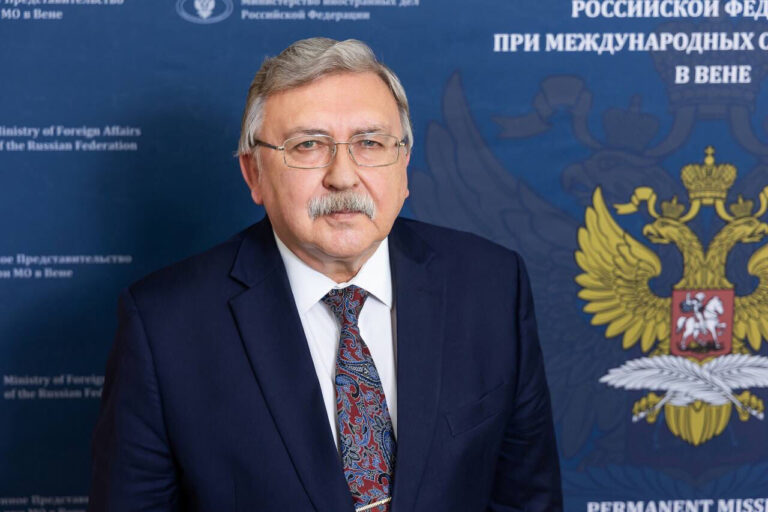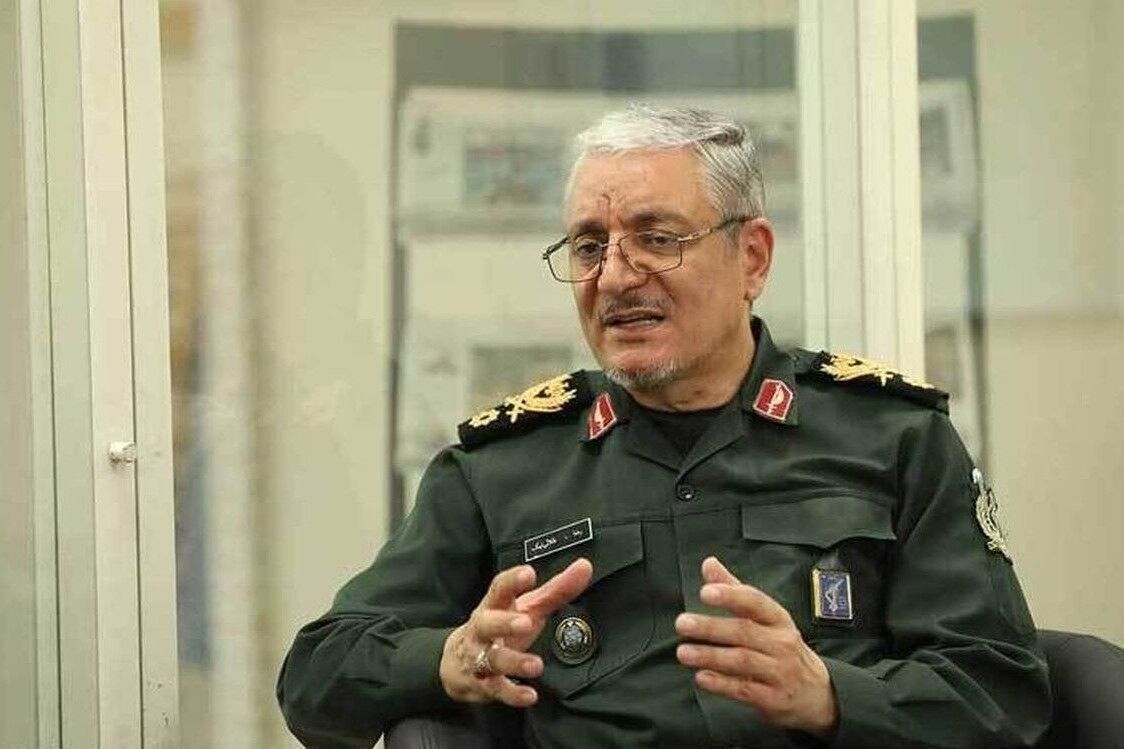
Similar Posts
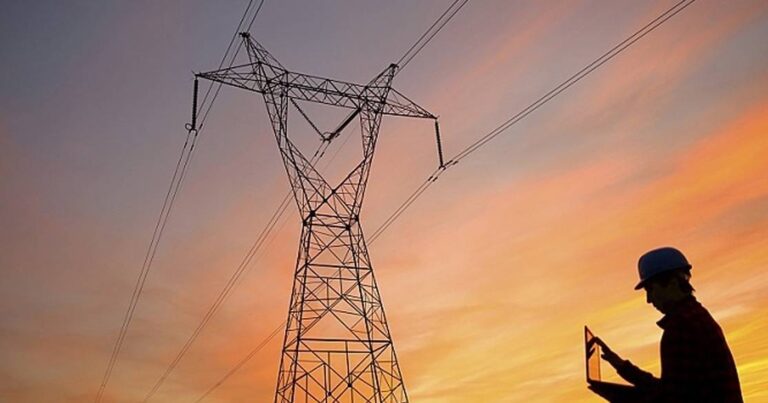
Iran Faces Power Crisis: Industry Chief Warns of Inability to Meet One-Third of Energy Demand
Iran is facing a severe electricity shortage, with projections indicating a 25,000-megawatt deficit for 2025-2026, exacerbated by a current 20,000-megawatt shortfall. Industry officials warn that the country will only generate a third of the power needed to meet rising demand, leading to fears of intensified blackouts. Despite government assurances of a robust energy sector, ongoing unplanned outages are disrupting schools and government operations. Lawmakers are urging immediate action to address the crisis, which poses risks to both economic stability and political order as summer approaches. Effective government strategies are crucial to alleviate the impending energy crisis.

Former Ambassador Reveals Trump’s Iran Strategy: Focused on Deals, Not Regime Change
Recent discussions on U.S.-Iran relations highlight Donald Trump’s presidency, particularly his maximum pressure policy, which aimed for a comprehensive deal rather than regime change, according to Elliott Abrams, former special representative for Iran. He criticized the Obama administration’s deal for its limitations and expressed concerns that Trump’s eagerness for negotiation could extend discussions while Iran advances its nuclear program. Abrams noted Iran’s recent willingness to engage with the UN nuclear watchdog as a strategic move. He emphasized the importance of Trump’s cabinet selections to counter Iranian tactics, while remaining skeptical about Iran’s potential for cooperation with the U.S.
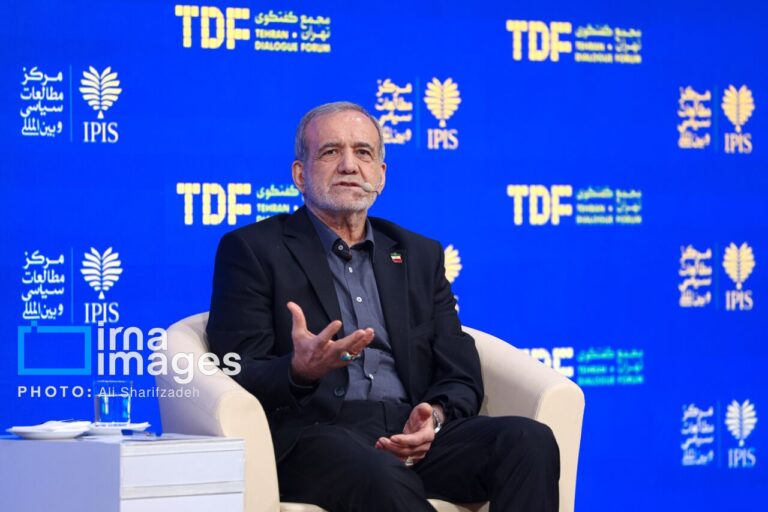
President Pezeshkian: Upholding Human Rights is Key to Preventing War
At the Tehran Dialogue Forum, President Masoud Pezeshkian emphasized the importance of human rights in international relations, highlighting the consequences of neglecting them, particularly in global conflicts. He condemned the violence against Palestinians by the Israeli regime and criticized powerful nations for instigating wars. Pezeshkian advocated for the sharing of achievements among nations and respect for all forms of life. He expressed Iran’s commitment to peaceful coexistence and the pursuit of peaceful nuclear energy for various sectors. The forum, featuring international dignitaries, aims to promote dialogue and cooperation on pressing global issues.
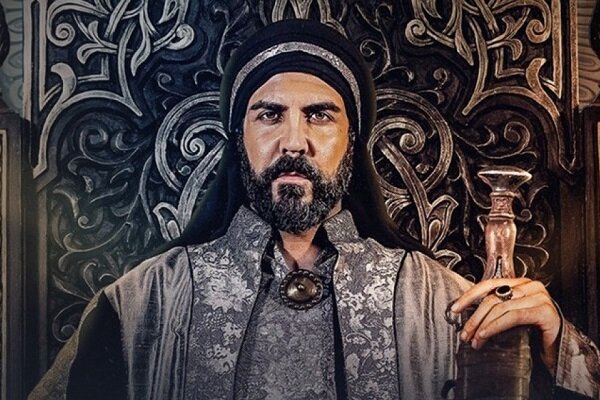
Is Saudi Arabia Rewriting Islamic History with Mo’aweyah’s Legacy?
The TV series “Mo’aweyah,” depicting Muawiya, founder of the Umayyad dynasty, has sparked controversy across Iraq, Egypt, and beyond since its Ramadan debut. Produced by MBC Saudi Arabia with a budget of $100 million, the 30-episode series has faced backlash for its portrayal of key Islamic figures, leading to a ban in Iraq due to concerns over sectarian tensions. Al-Azhar in Egypt has also condemned the show. Critics argue it misrepresents Muawiya’s legacy, which is contentious among Shia Muslims, while the writer defends the portrayal as complex. The series highlights challenges in addressing sensitive historical topics in media.
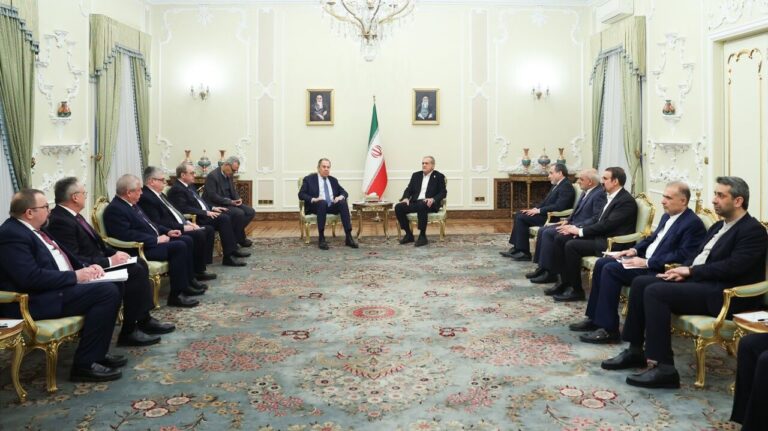
Iran and Russia Unite: Pezeshkian Highlights Shared Perspectives on Regional Challenges
Iran’s President Masoud Pezeshkian has emphasized the need for ongoing regional collaboration with Russia during a meeting with Russian Foreign Minister Sergey Lavrov. Both leaders expressed a desire to strengthen their nations’ cooperation through organizations like the Shanghai Cooperation Organization, Eurasian Economic Union, and BRICS. Pezeshkian highlighted the importance of accelerating the implementation of their comprehensive strategic agreement. Lavrov, delivering greetings from President Putin, affirmed Russia’s commitment to enhance ties and welcomed Iran’s upcoming membership in the Eurasian Economic Union as a chance to boost economic relations. Lavrov’s visit follows Pezeshkian’s earlier trip to Moscow for discussions on bilateral cooperation.
